
At PET’s 30th birthday celebrations this month, we heard from people who have been at the centre of our story.
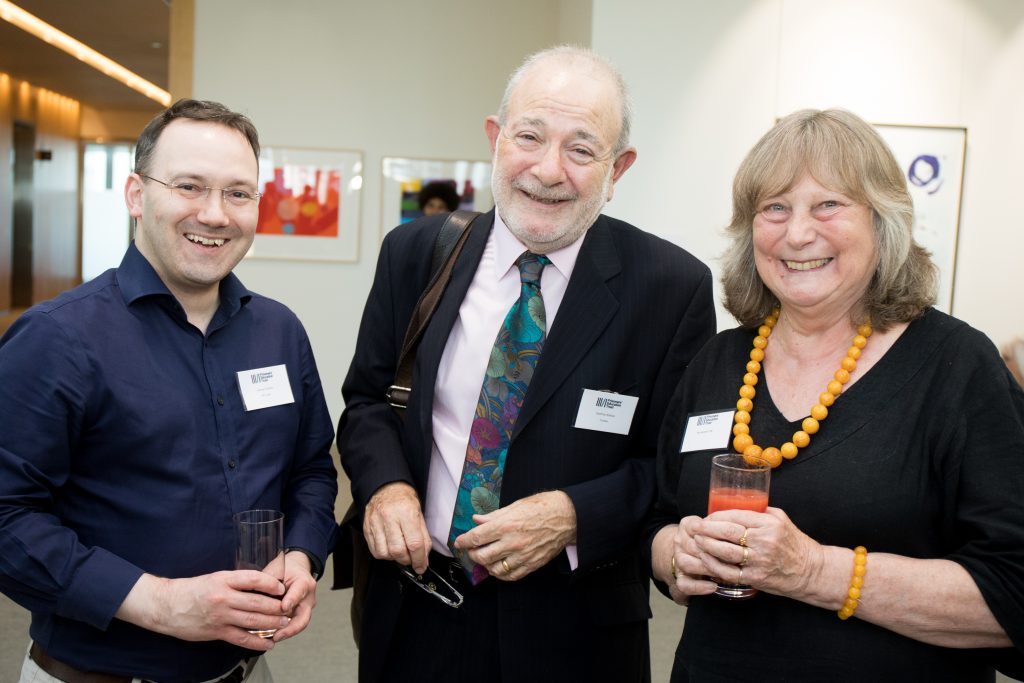
Head of Finance Andrew Smardon, Trustee Geoffrey Wolfson and
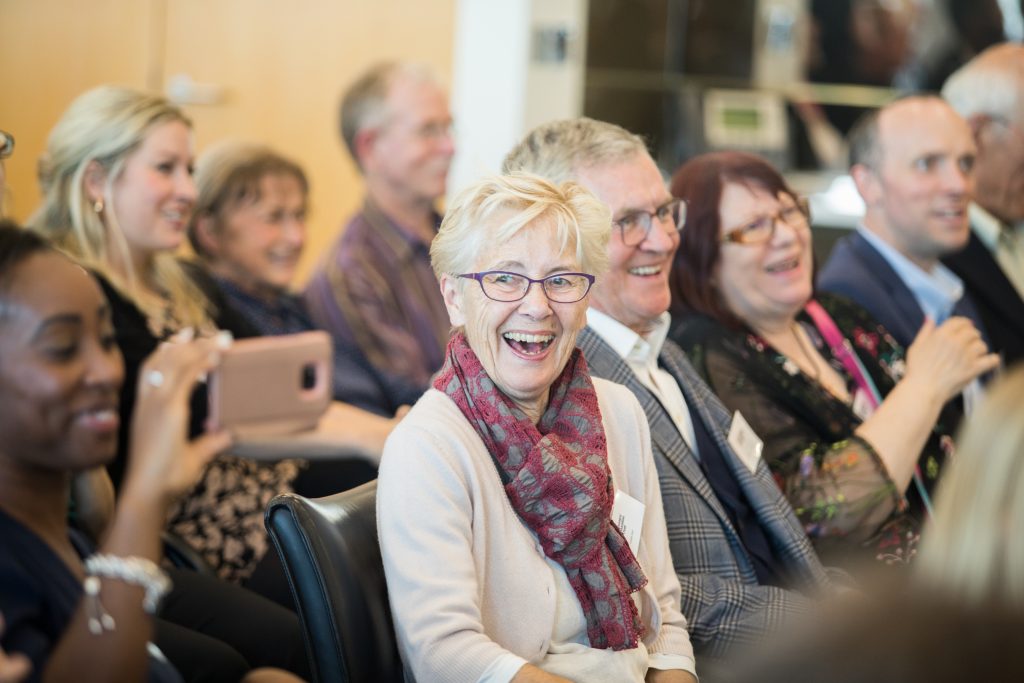
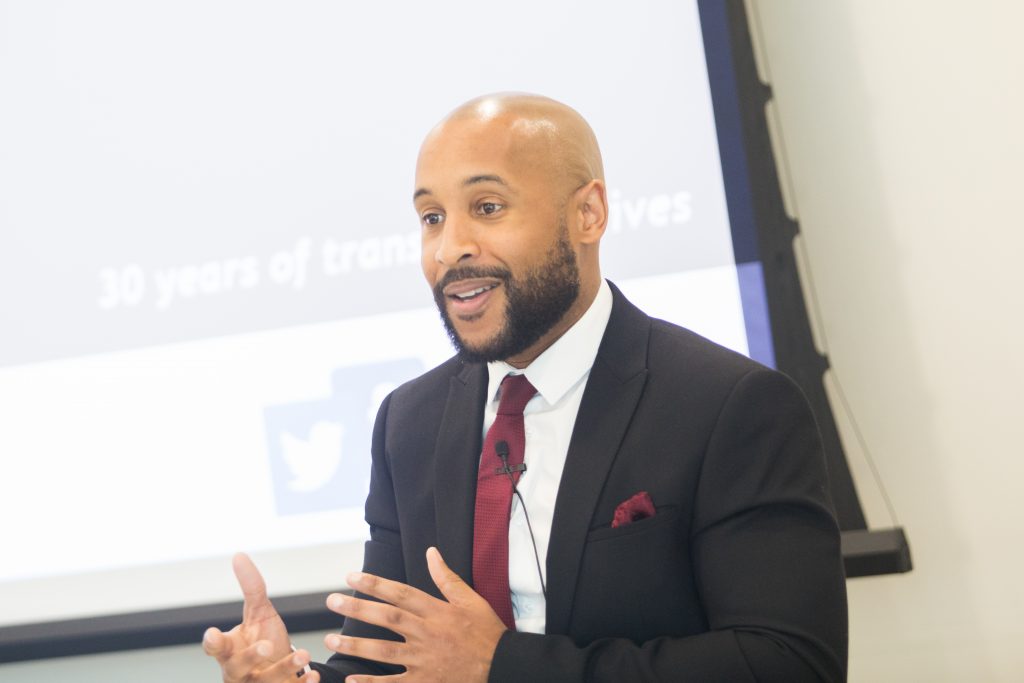
Host Chris Syrus
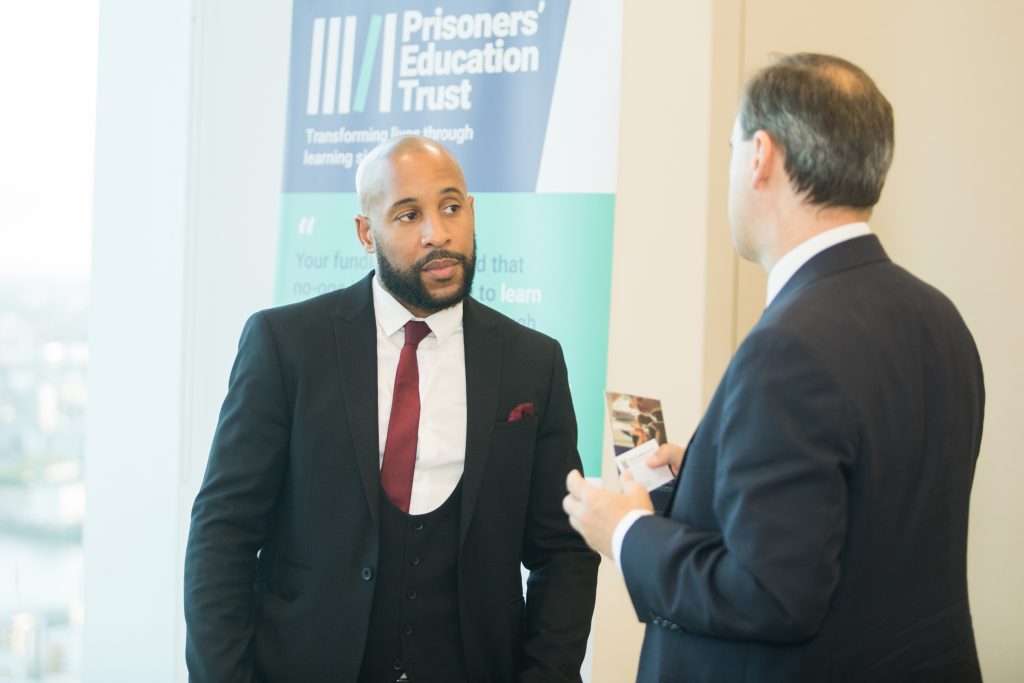
Host Chris Syrus
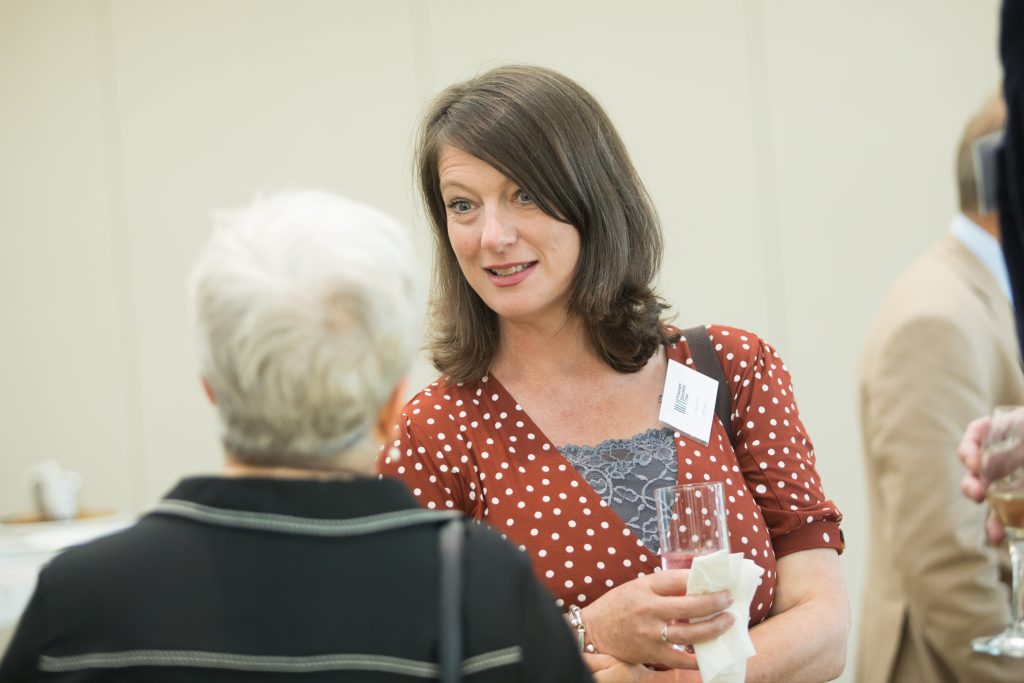
Head of Service Delivery Clare Lloyd
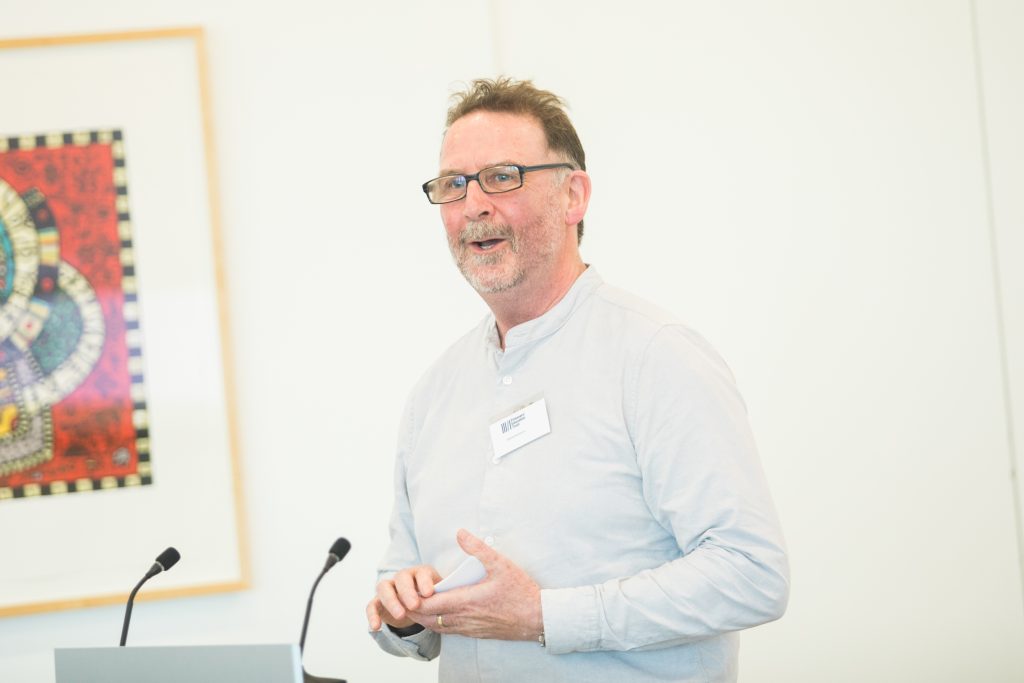
Founder Donald McGovern
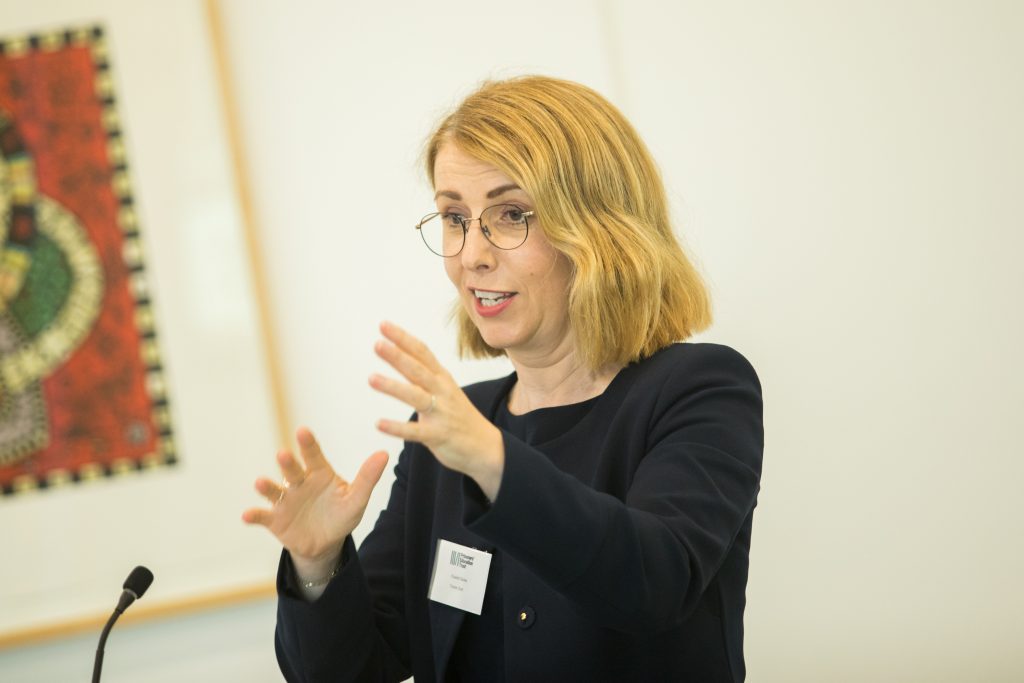
Chair of Trustees Elisabeth Davies
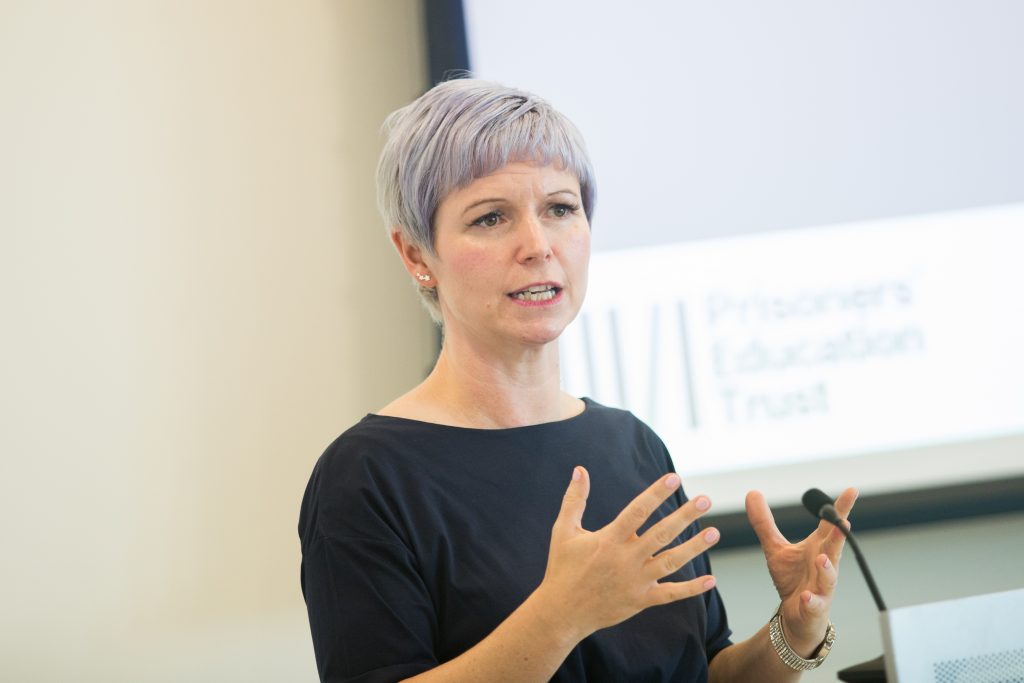
Trustee and HMP Isis Governor Emily Thomas
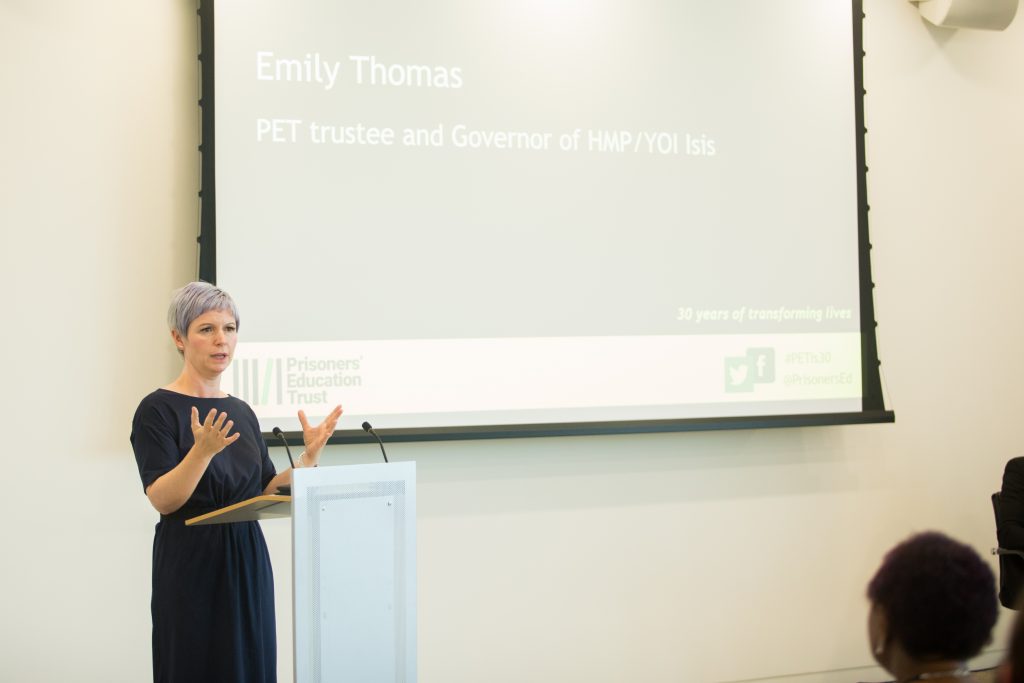
Trustee and HMP Isis Governor Emily Thomas
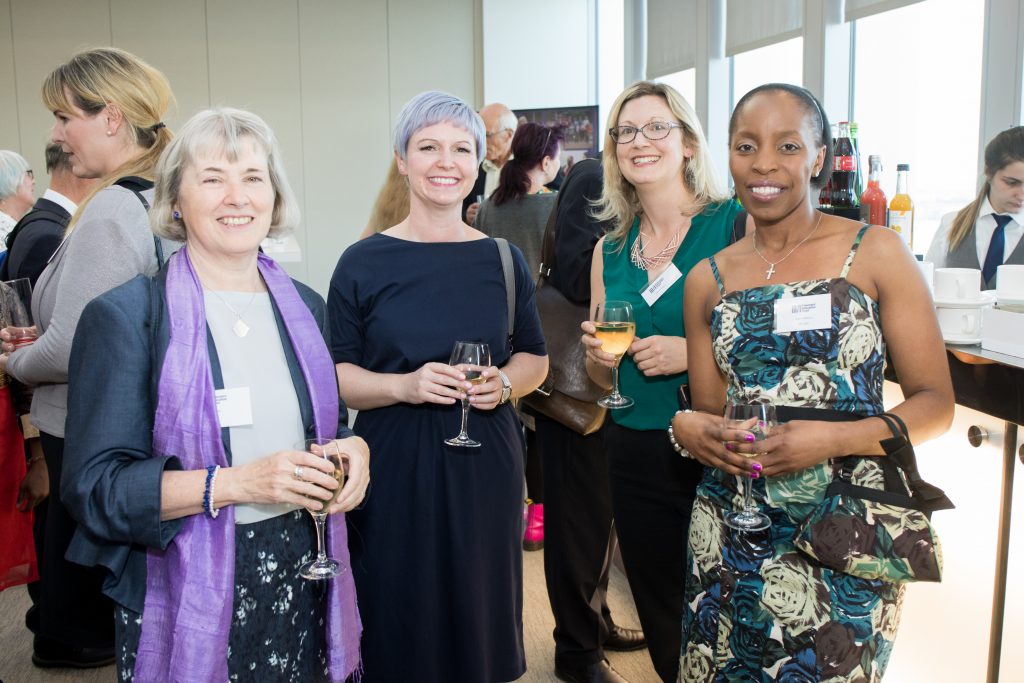
Emily Thomas, Nina Champion and Suzan Nabanja
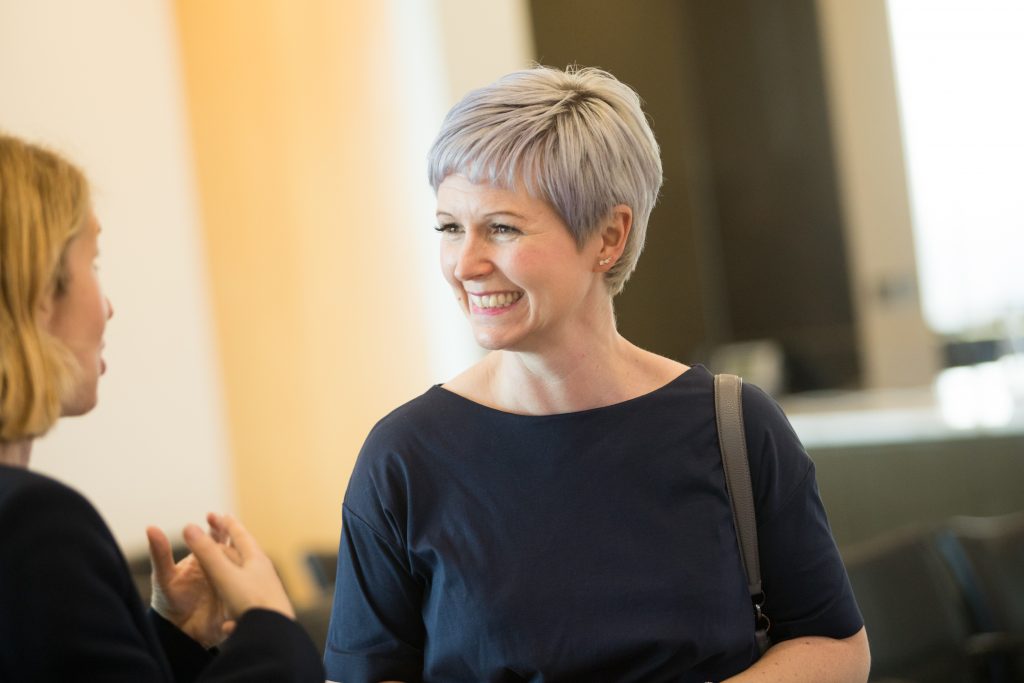
Trustee and HMP Isis Governor Emily Thomas
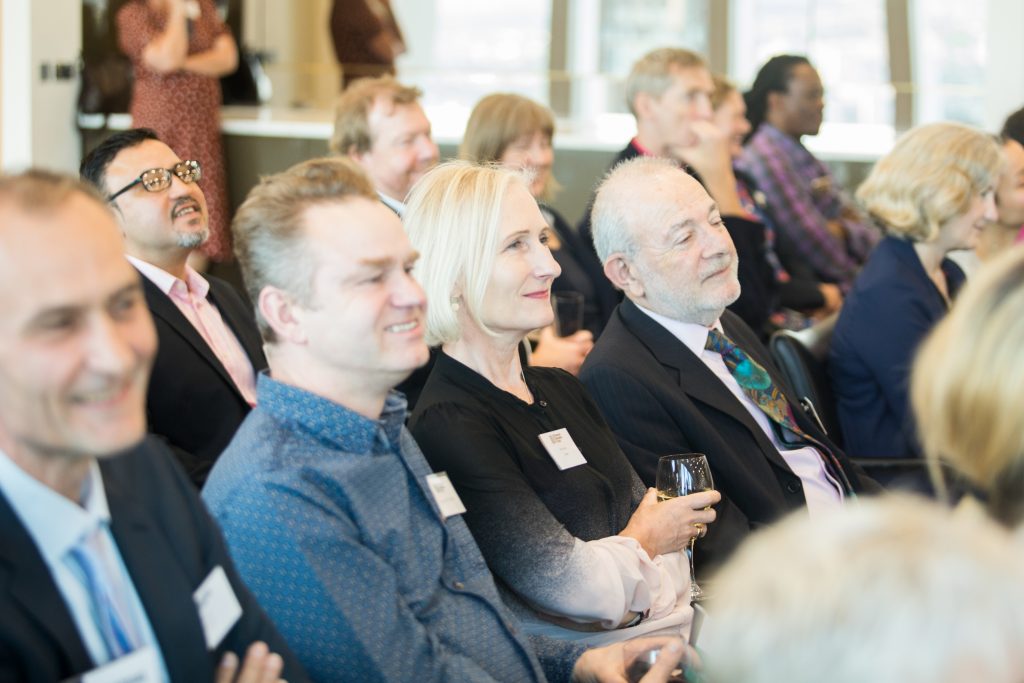
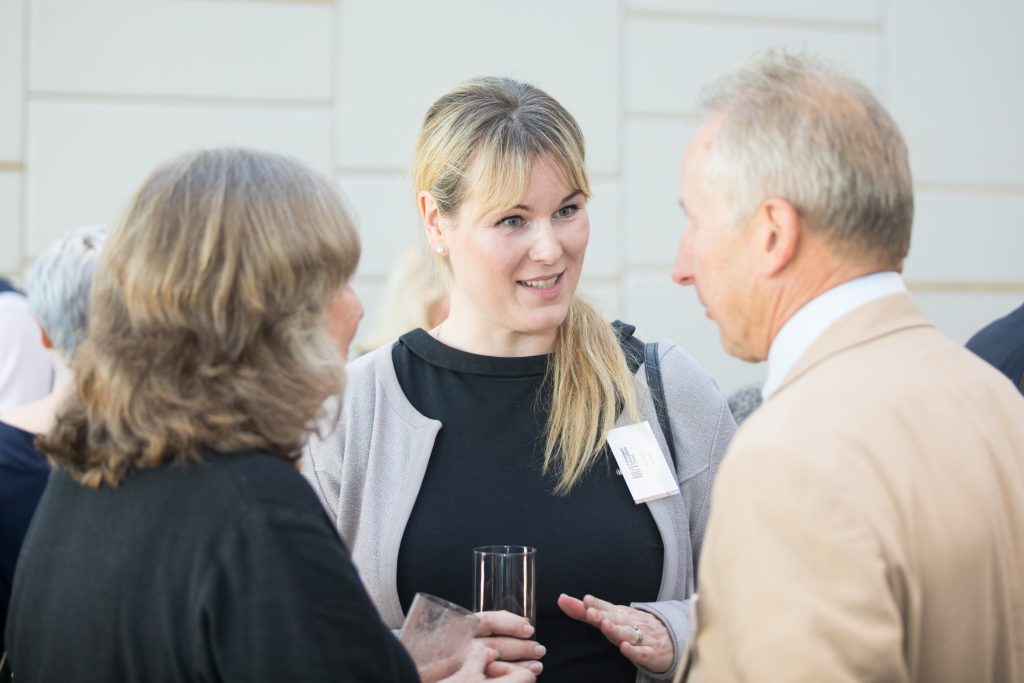
Advice Manager Iva Gray
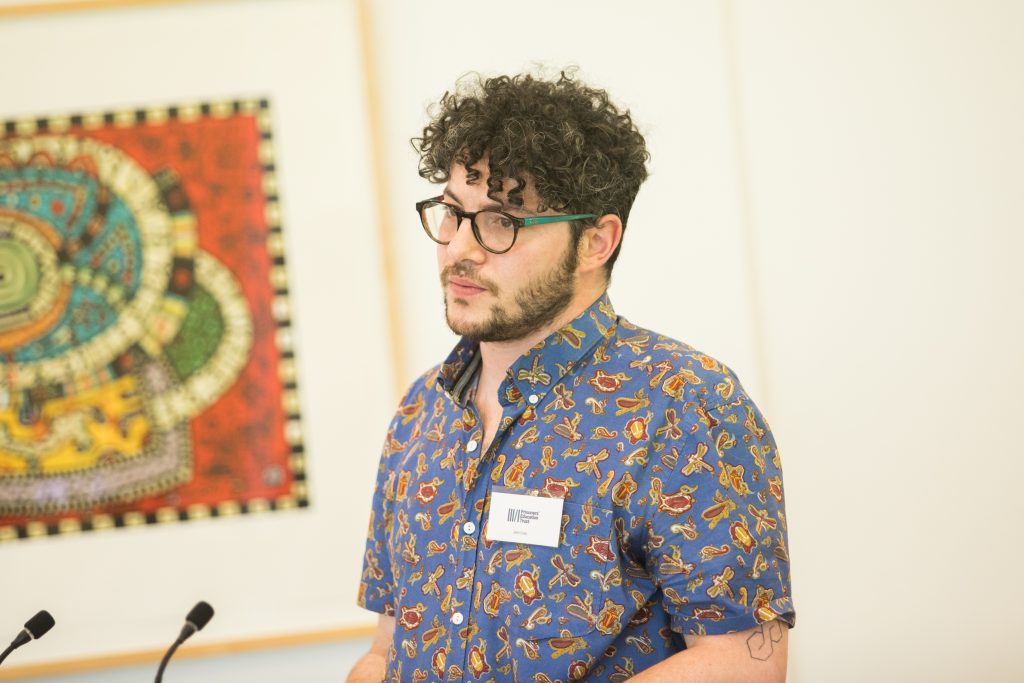
Alumnus and artist John Costi
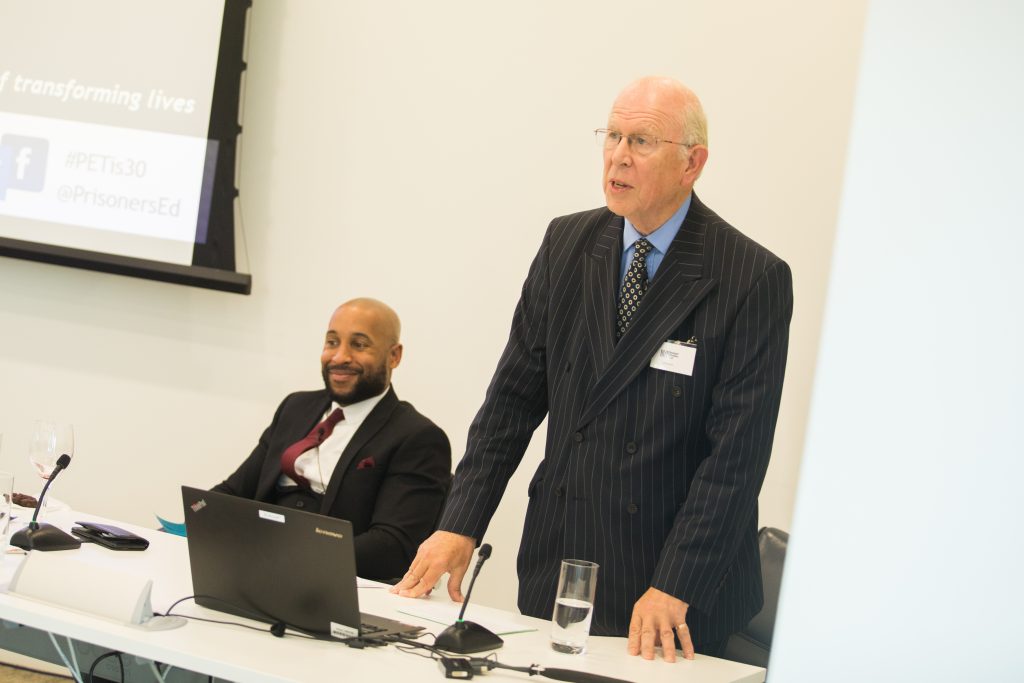
Hosts Chris Syrus and John Samuels QC
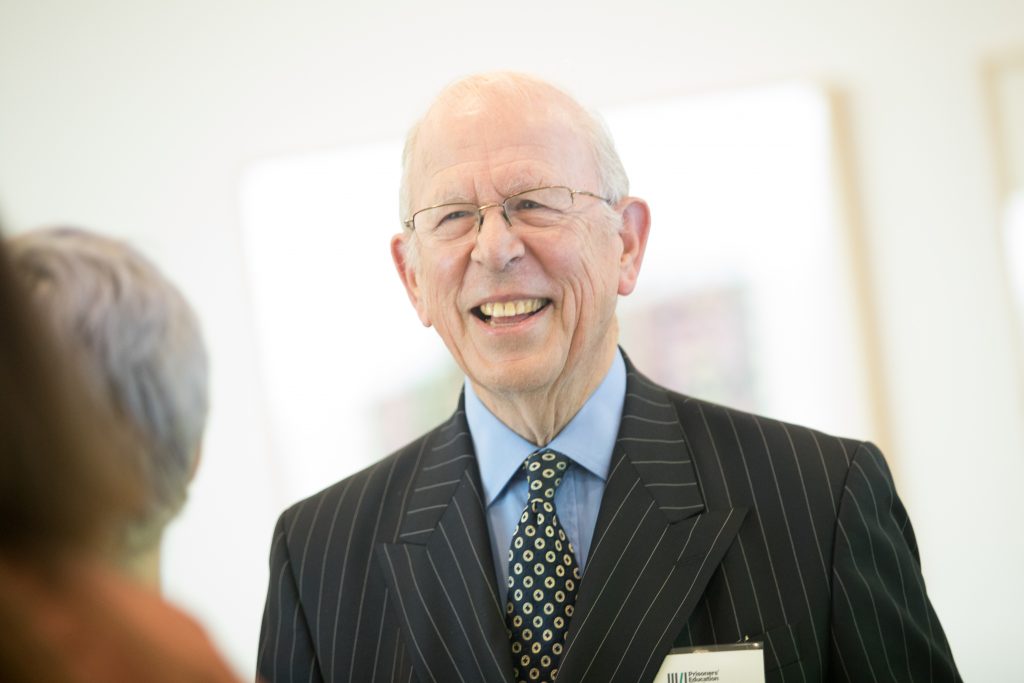
Host John Samuels QC
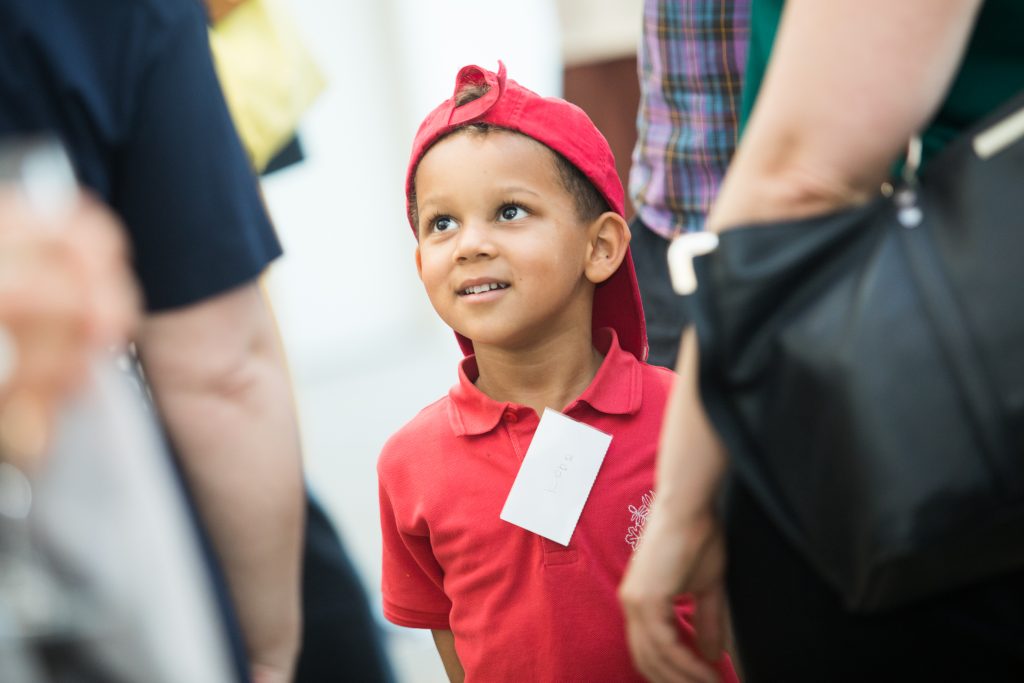
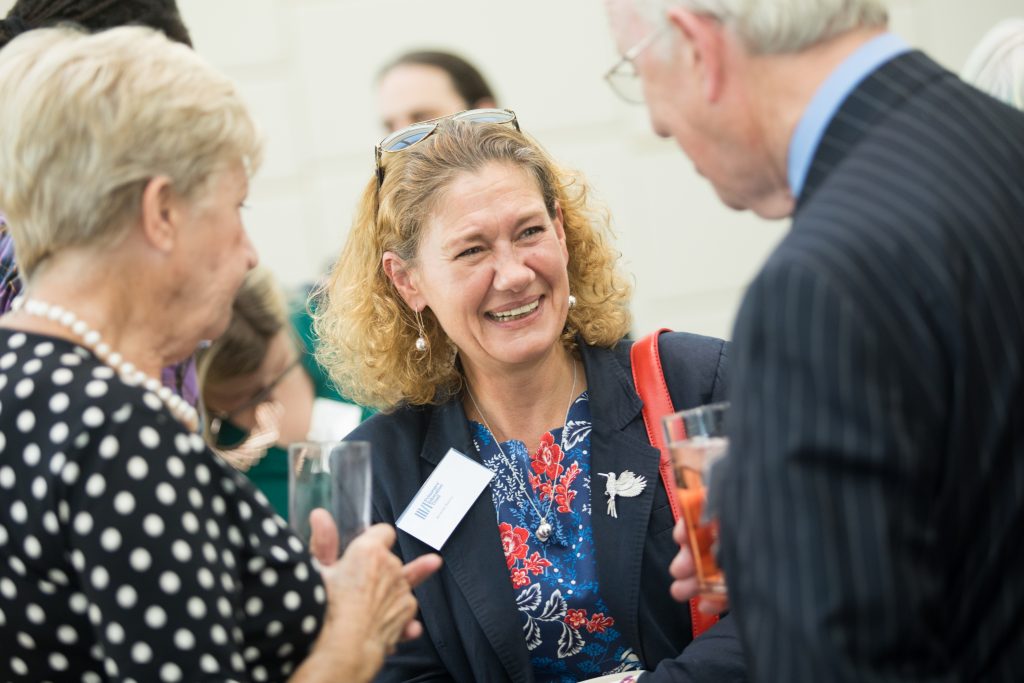
Former HMP Coldingley Education Manager Mandy Baldry
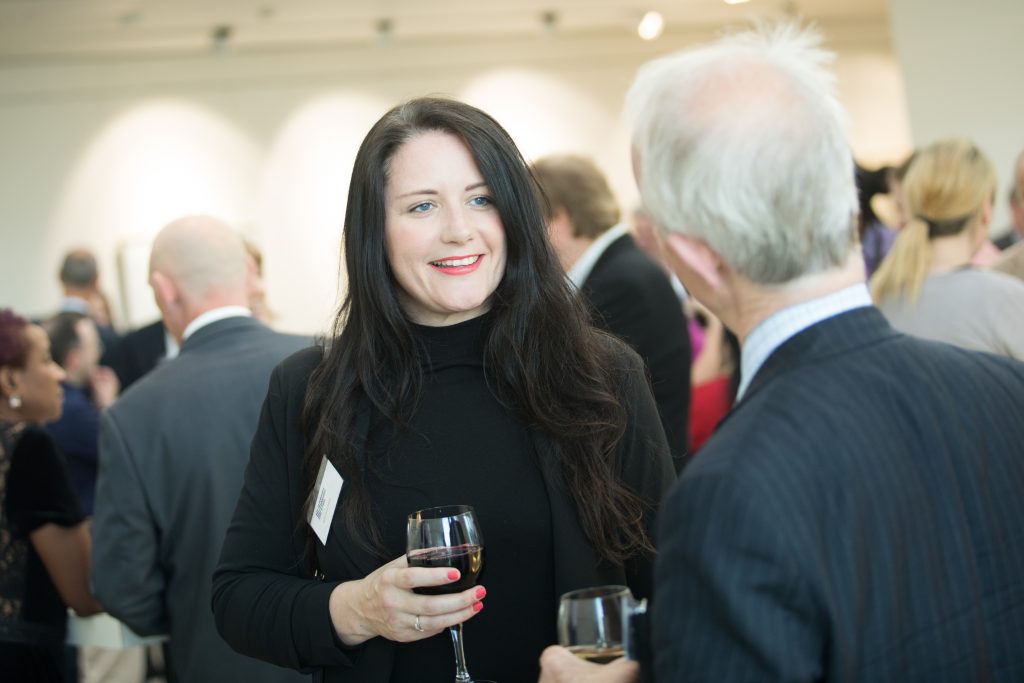
Marie Claire O'Brien
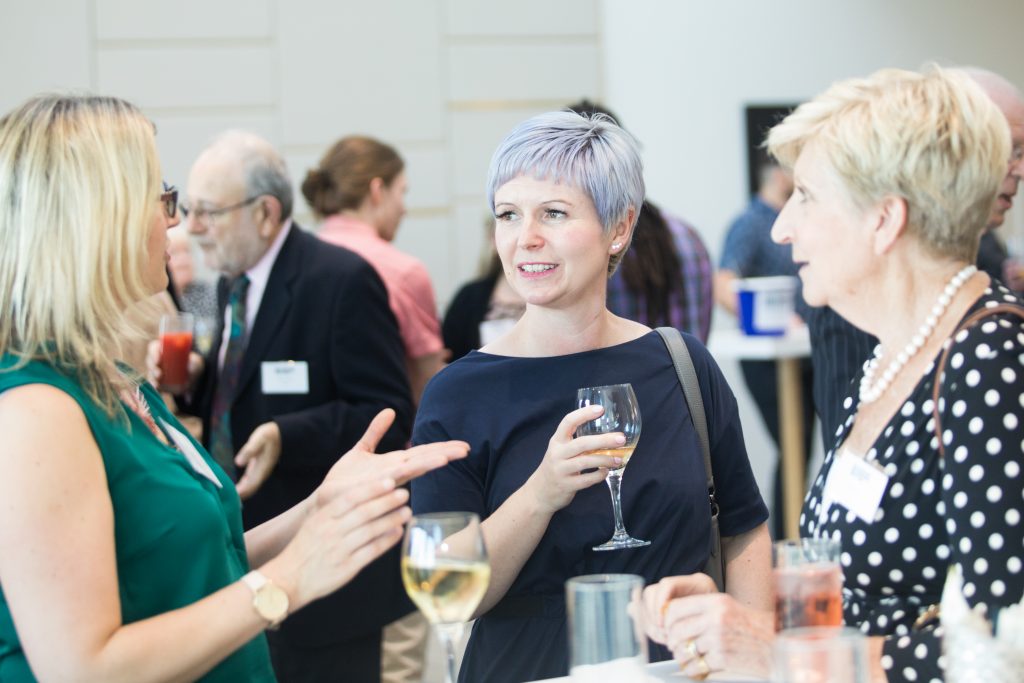
Emily Thomas, trustee and governor of HMP Isis
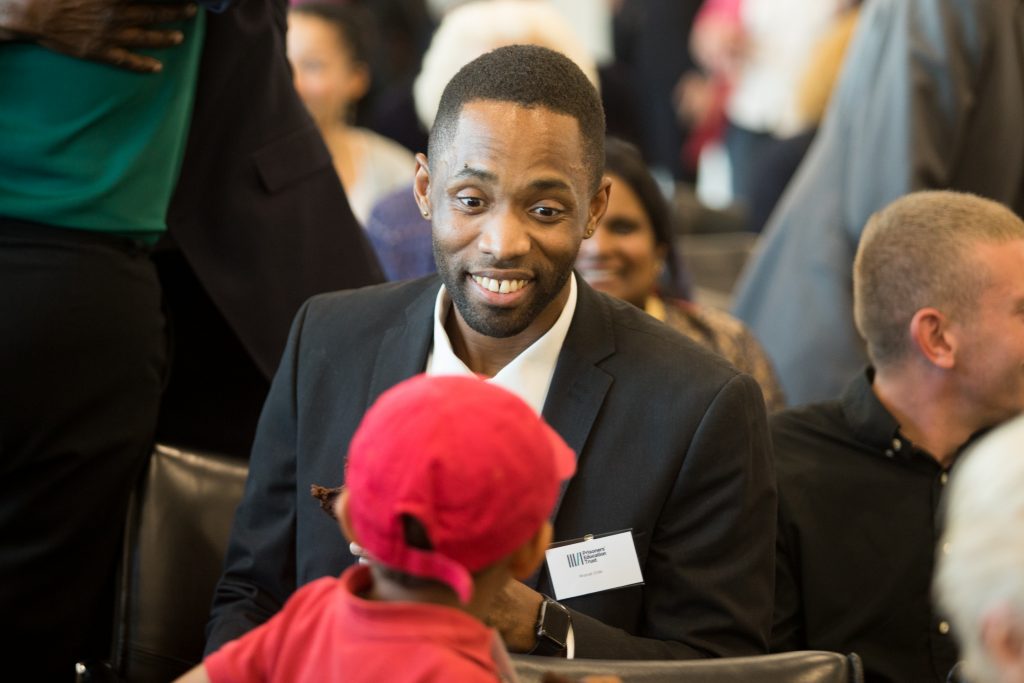
Nnamdi Efobi
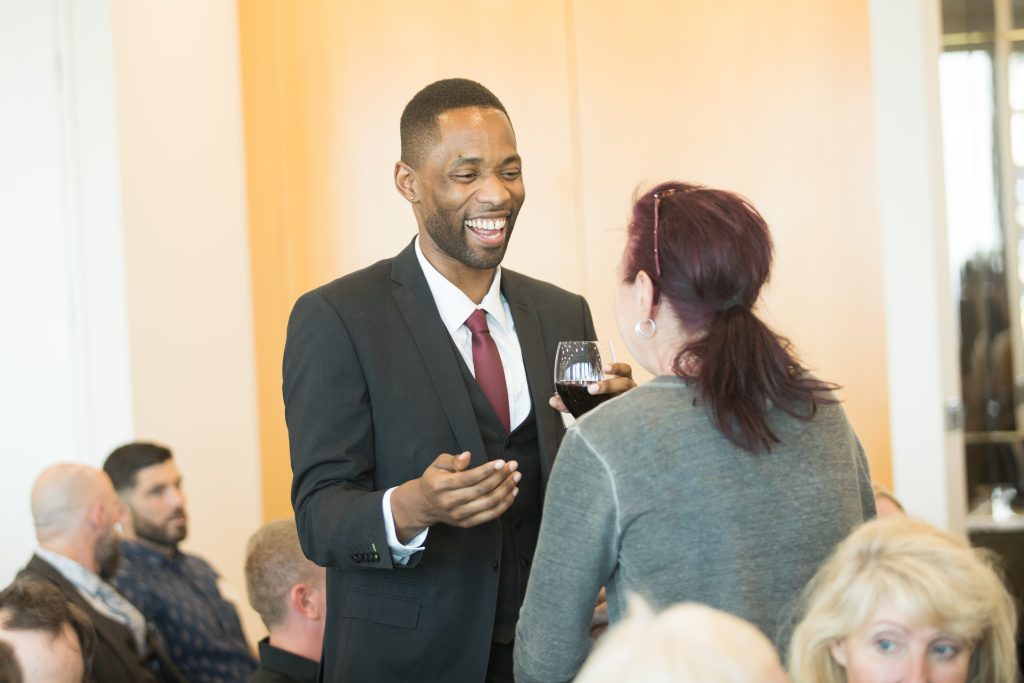
Nnamdi Efobi and Erika Flowers
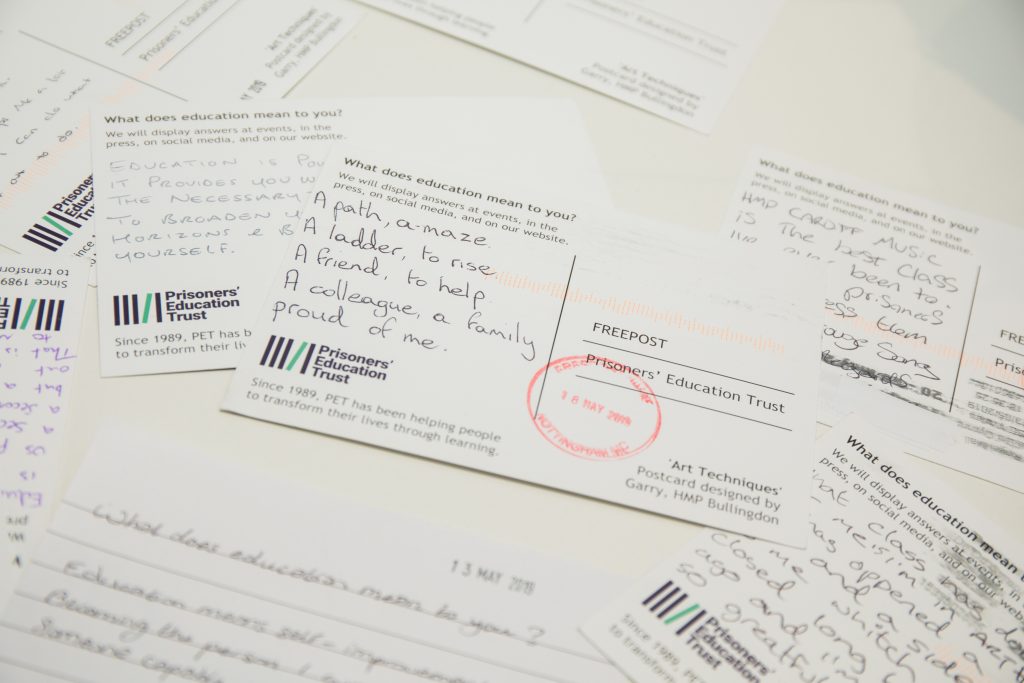
Postcard messages from people in prison
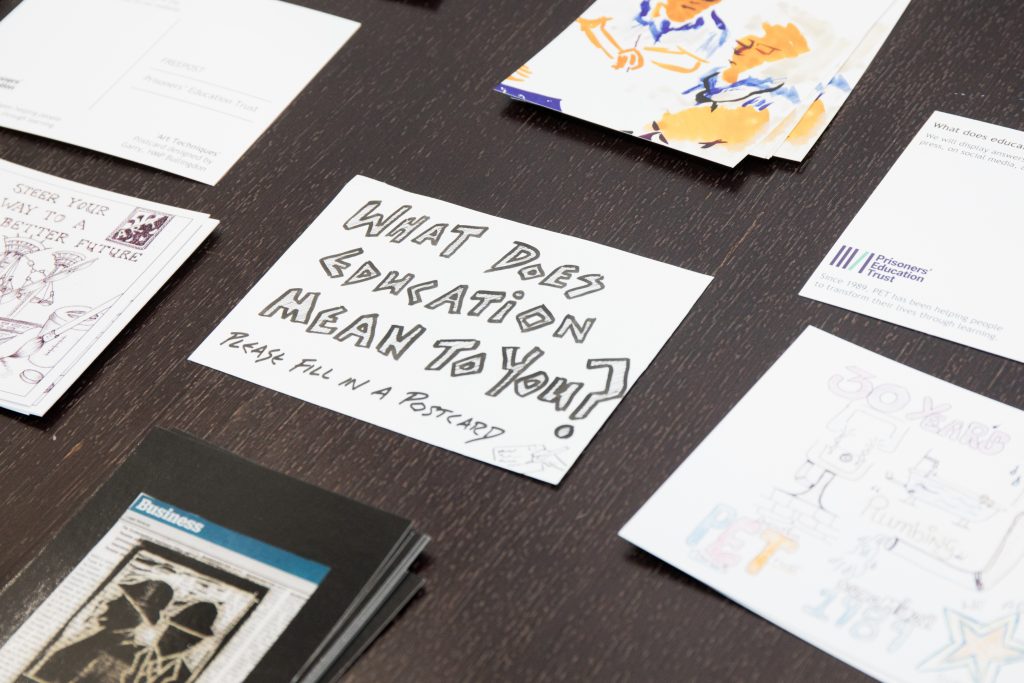
Postcard messages from people in prison
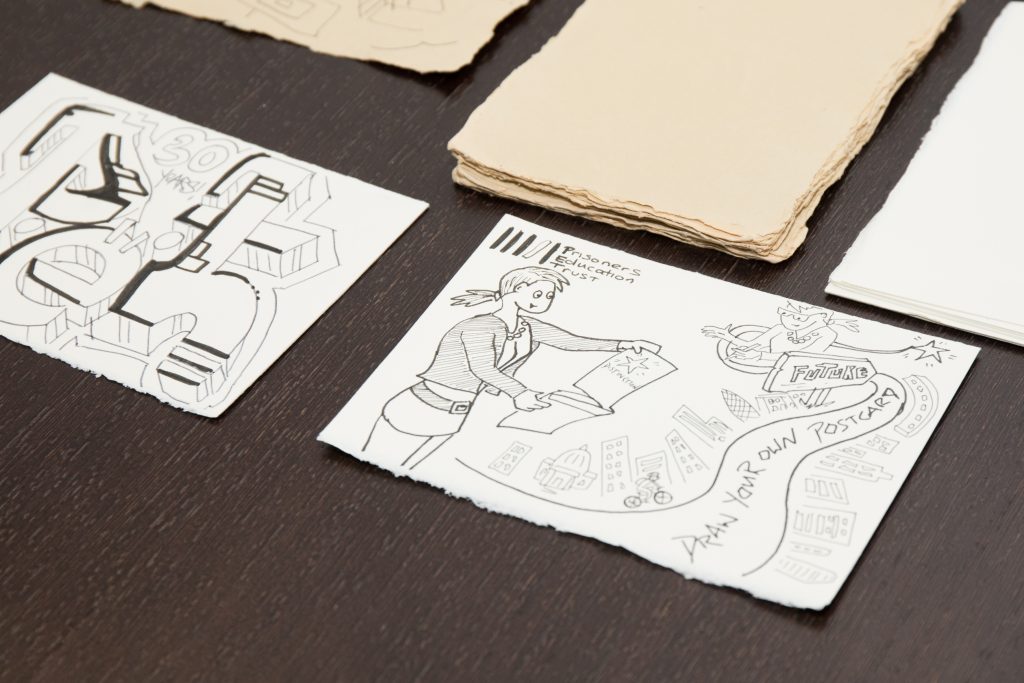
Postcard messages from people in prison - drawing by Erika Flowers
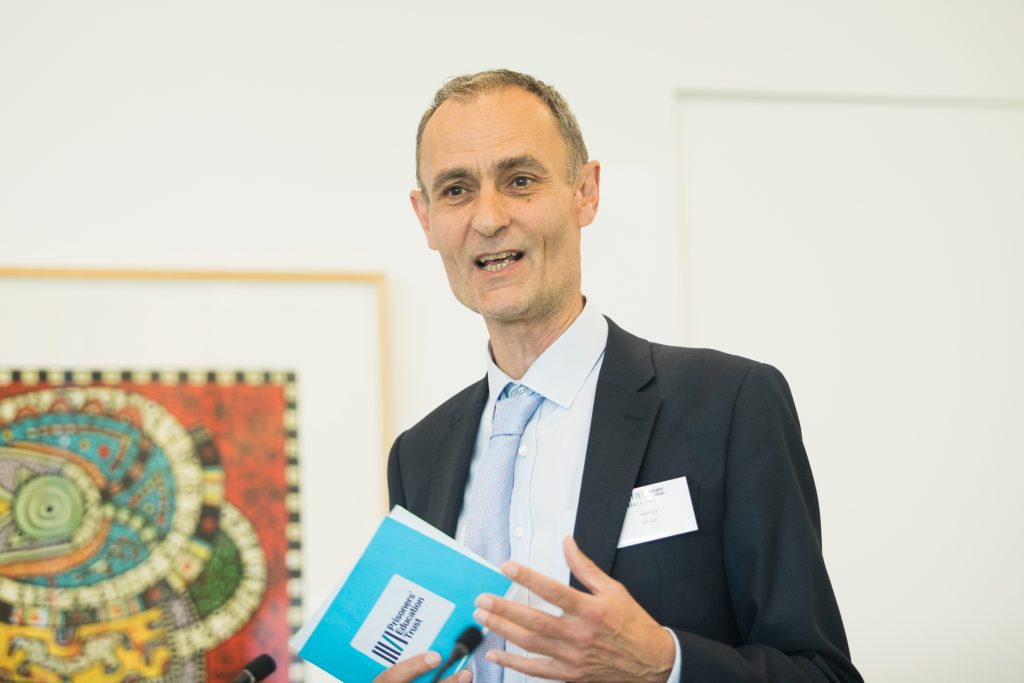
PET CEO Rod Clark
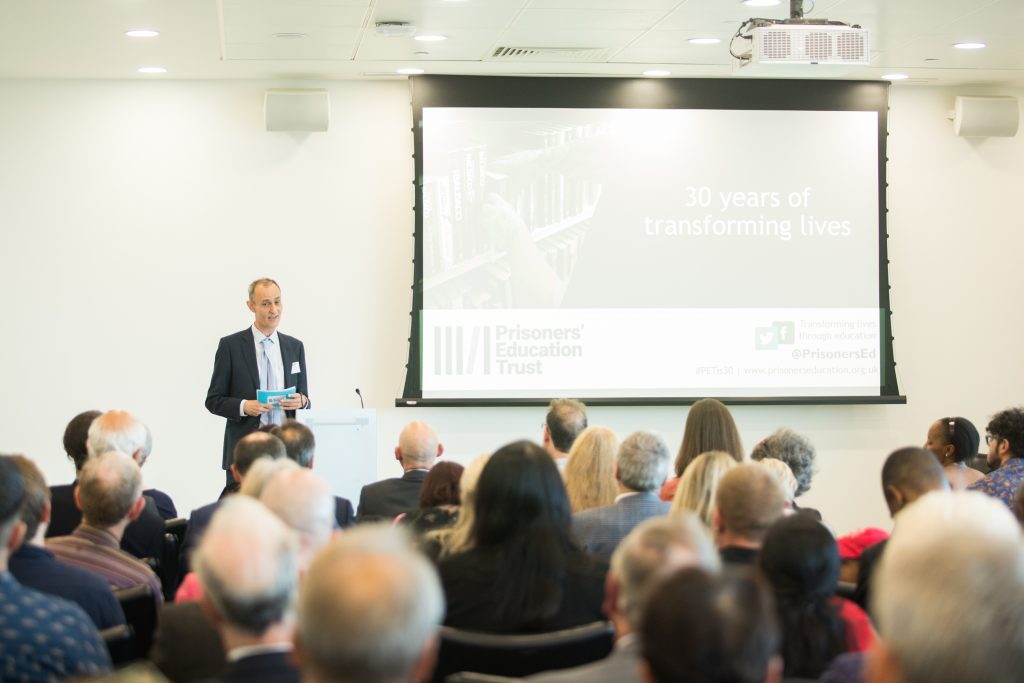
PET CEO Rod Clark
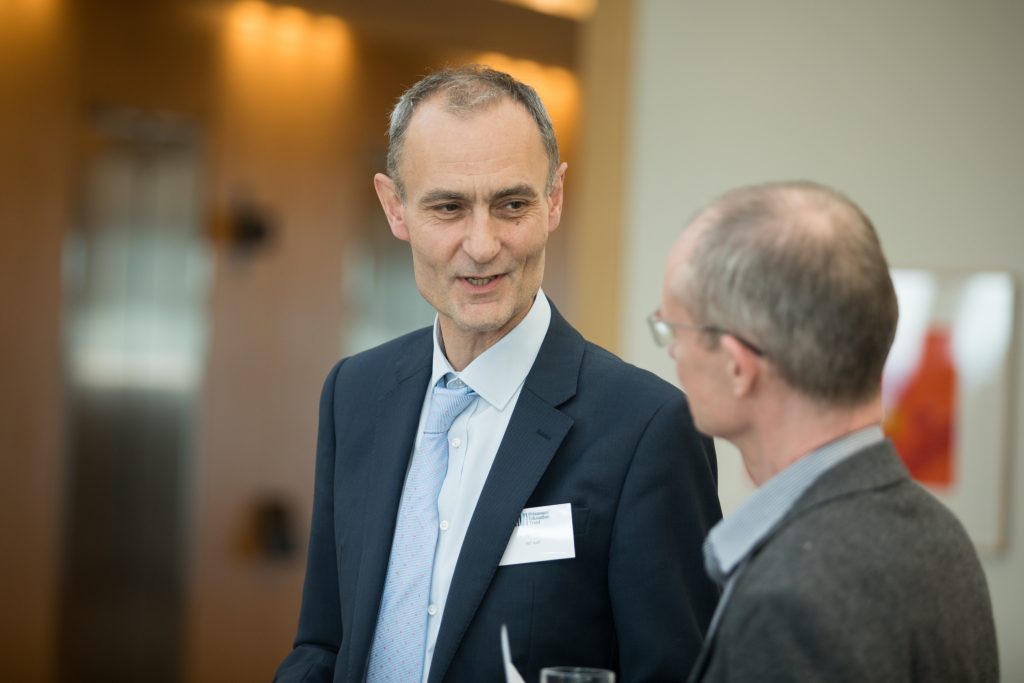
PET CEO Rod Clark
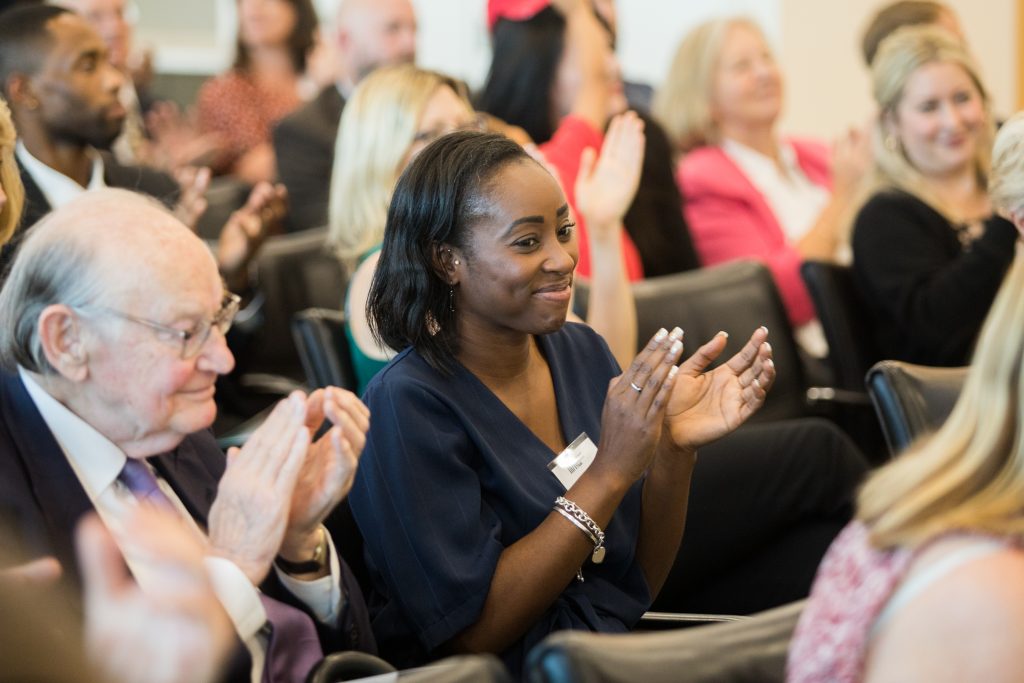
Scarlette Douglas
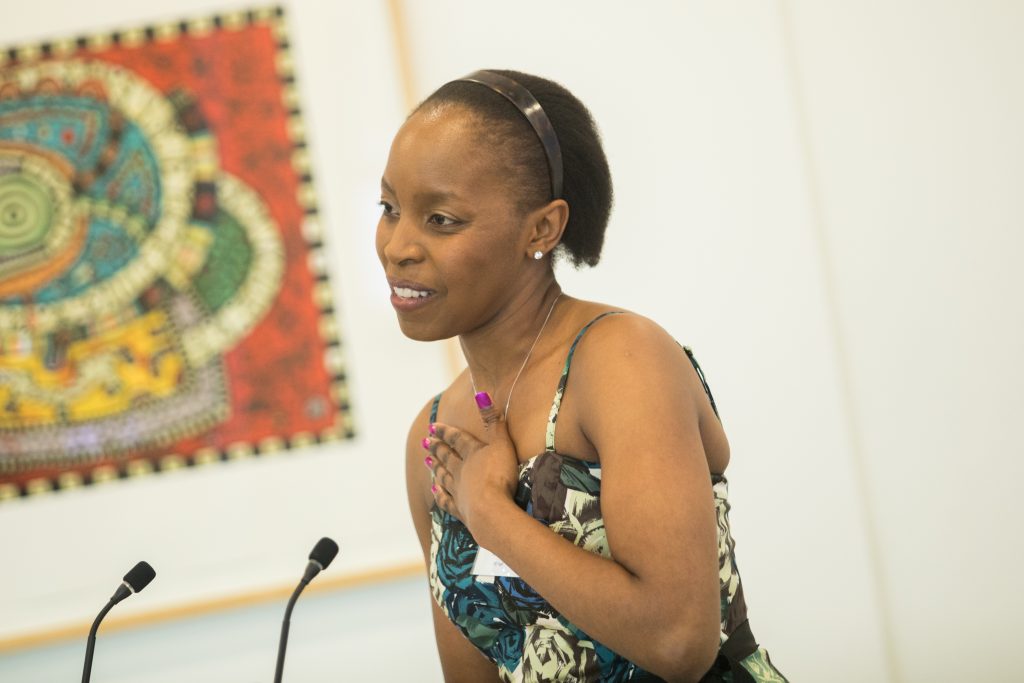
Grants Manager Suzan Nabbanja

Suzan Nabbanja and Katy Oglethorpe
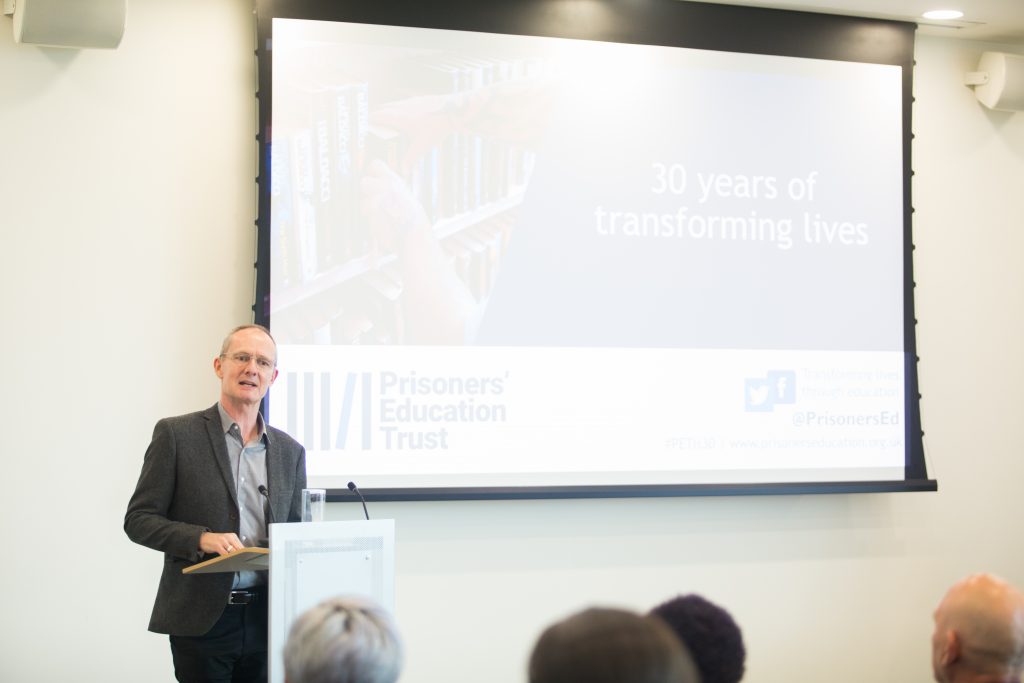
Clifford Chance's Tom Dunn
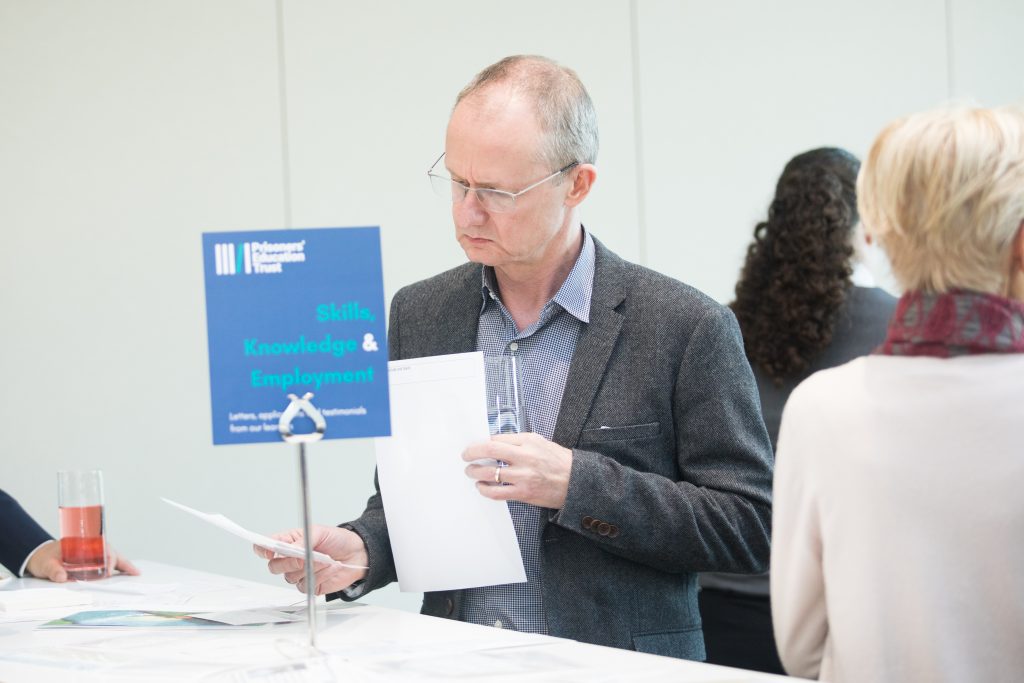
Clifford Chance's Tom Dunn reads letters from prison learners
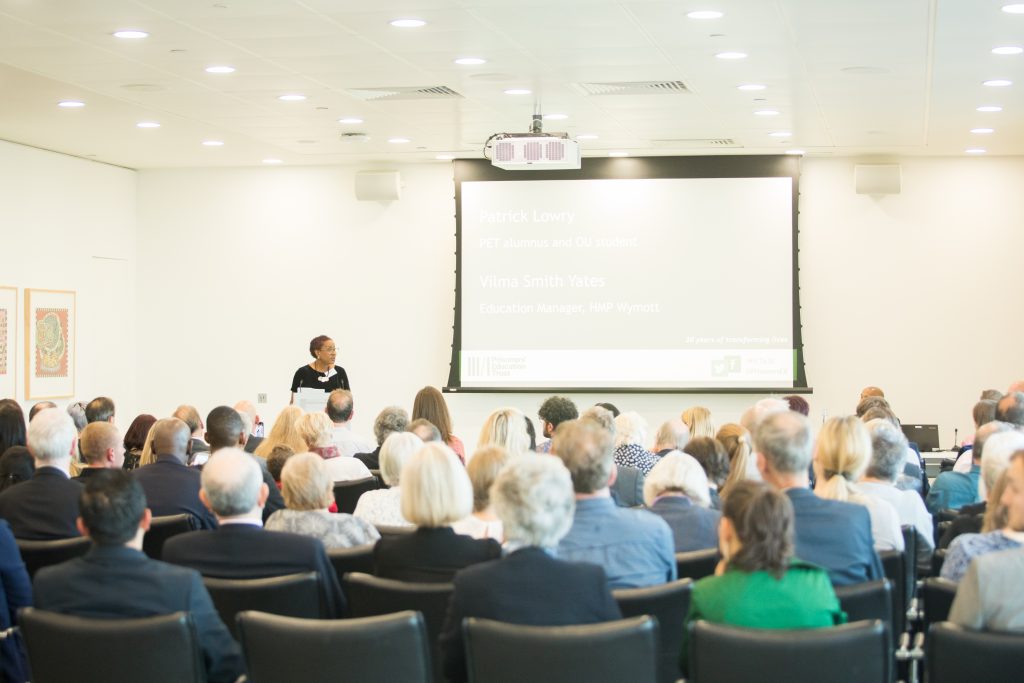
HMP Wymott's Vilma Smith Yates
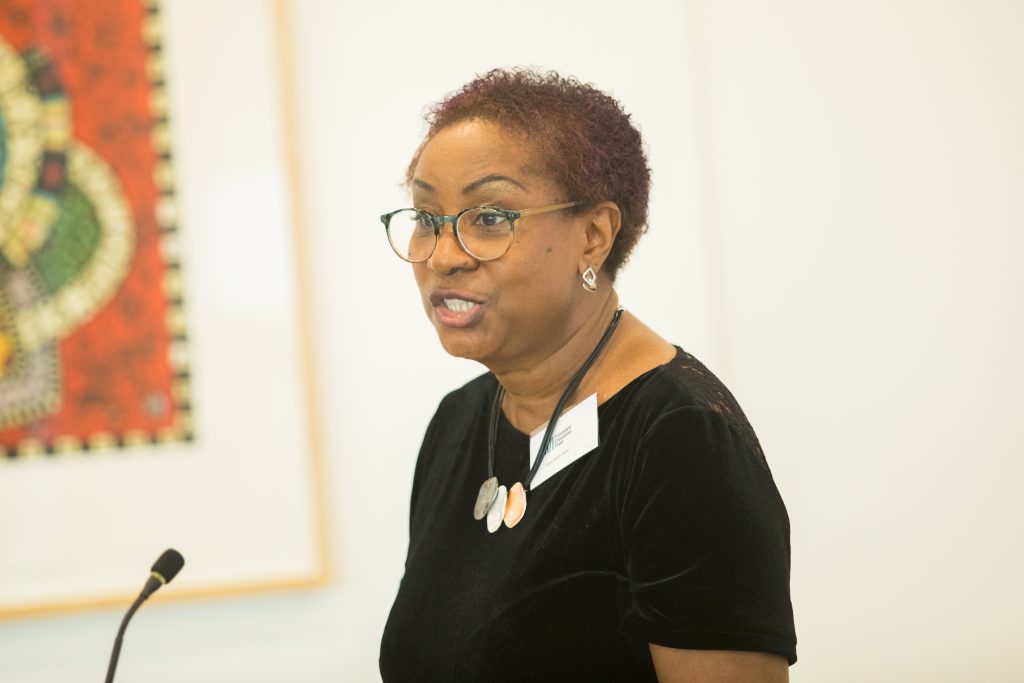
HMP Wymott's Vilma Smith Yates
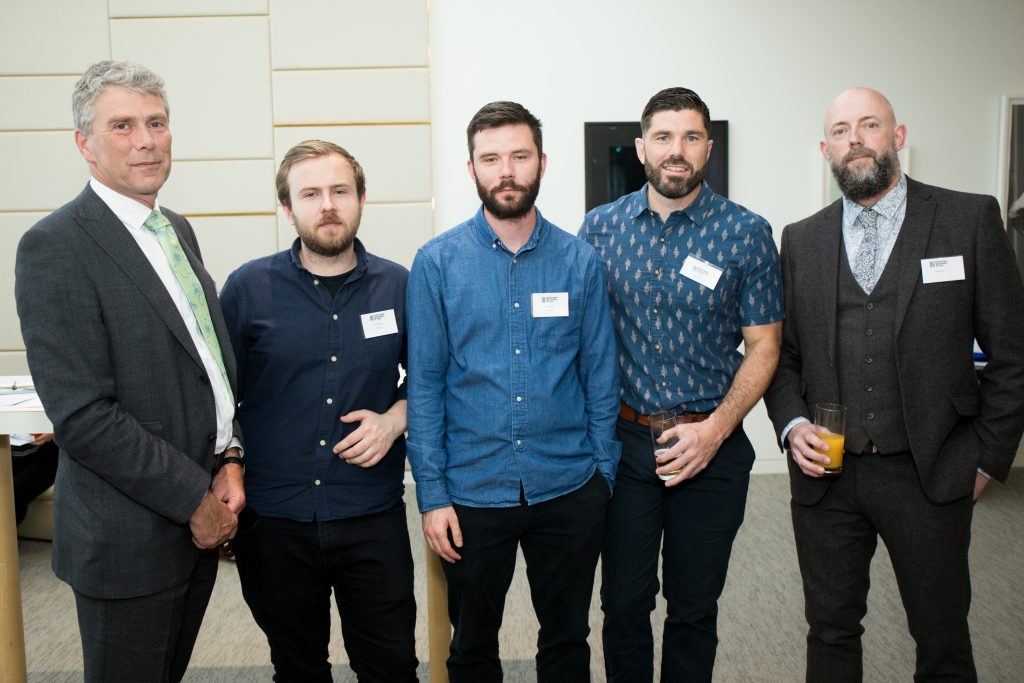
Richard Ward, PET staff Jay and Joe, Andy Morris of HMP Ashfield, and John McCrae of HMP Ranby


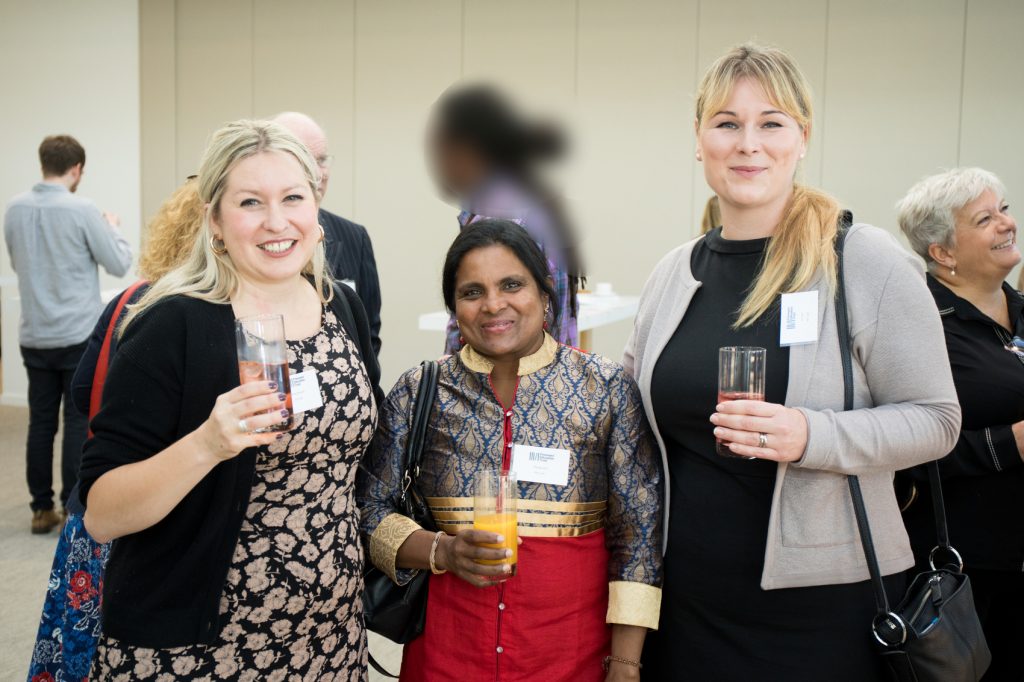
PET staff Rosie, Thanga and Iva
 Donald McGovern, one of PET’s founding trustees, told the story of the idea behind PET, beginning with a conversation on the Northern Line.
Donald McGovern, one of PET’s founding trustees, told the story of the idea behind PET, beginning with a conversation on the Northern Line.
“[Founders] David Burton and Vernon Cocking realised the difficulty there was for people with educational aspirations to access a broad curriculum in prison. David was a prison teacher at HMP Wandsworth, and he had a strong belief that people in prison, regardless of educational background, had the ability to benefit from education. His experience, dedication and commitment moved PET forward.
“We used to meet in a house, trying to work out what a charity was and how we were going to move it forward, because had no money. From that small beginning we began to get sufficient funds to start a charity. We held our famous scrutiny meetings, and we would allocate the funding. Some of the courses in those early days included taxidermy, mortuary assistance, mining and yacht mastery.
“So, very humble beginnings travelling up on the Northern Line. But from those acorns mighty oaks have grown.”
Our host Chris Syrus BEM, funded in 2004, reflected on the journey he’s been on since his first course. 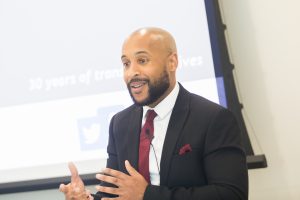
“For me education means knowledge, credibility, opportunity and most of all hope. When you’re in an old Victorian prison locked away for 24 hours a day with a thousand other prisoners, what you need is hope. Education provides that hope.
“I decided very early on I wouldn’t be a reoffender – I would make myself and my family proud and I would dedicate my life to working with young people to prevent them from making the same mistakes. The moment PET said yes [to the funding request], it transformed me from a prisoner to a student. It now meant I could phone home and say to my Mum, ‘I’m not in prison, I’m at university. It’s not Harvard, but my address does start with an ‘H’ and the Queen has put her stamp on it.’
“After four years I completed a diploma in Psychology. I started to run my business which is now 10 years of age. We work in prisons and in Pupil Referral Units. We own a music studio that provides accredited courses for young people. When I look at my journey and I think about the organisations that really have helped me to be here today, the Prisoners’ Education Trust is right at the top.”
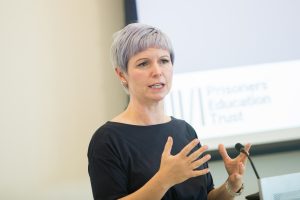 Emily Thomas reflected on her dual role as governor and trustee, and called for greater investment in prison education.
Emily Thomas reflected on her dual role as governor and trustee, and called for greater investment in prison education.
“When you listen to [these talks] and it happened 30 years ago, you would hope that we would have recognised the overwhelming evidence of how important prison education is and how important it is to invest in education for prisoners. But we still need to work to convince people. In my prison, I look after mostly young men who want to seize opportunities that they didn’t when they were younger. I want to ensure that they all get a full day’s education every single day.
“When I was a governor at Cookham Wood I had a boy who went from being very troubled and very troublesome, to engaging with education and to seeing a path out of where he was. He’s 25 now. He’s just about to graduate with first-class honours from Loughborough University in International Politics, and he emailed me yesterday to say he got a full scholarship to Oxford University to do an MA in public policy. And he said ‘I’m going to change the world, Emily. I’m going to sort it.’ To see that – it’s pretty awesome, isn’t it? But that’s transformation – individuals being transformed by the power of education.
“Another moment that stands out is a couple of years ago being able to have prisons and universities and students in a room saying to UCAS as a united body: ‘We need you to change your system and your application process to make sure that there is equality of opportunity, in particular for those people who’ve got a criminal record.’ And actually, we made it happen. There was that traction, that respect for the organisation, that ability for Prisoners’ Education Trust to be such a force for good in terms of making that change. I was incredibly proud that day to be a trustee as well as to be the governor hosting the meeting.
“We should be doing two things really: we should be saying happy birthday to Prisoners’ Education Trust who do an amazing job and a really fundamentally important thing, but we should also be saying what more can we do? Because if we know education is transformational, if we know that it works, then actually we should be doing more to invest in it.”
John Costi spoke about his journey out of a young offenders’ institute, into art school and beyond. 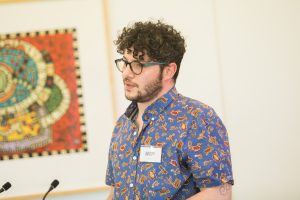
“When I went to prison I was 19 my life was a complete mess. I didn’t care about whether I lived or died and I had no feelings of self-worth. And this led me to commit some reckless crimes. I never thought I’d see 21. I’m 31 now. It’s quite an achievement. I’ve been out for 10 years now, and I’ve done a lot in that time. I’ve studied. I got first class honours from Central Saint Martins, and I work with young people – some of London’s most vulnerable young people.
“I still think about the time I spent in prison every day: the things I saw, the things I did, but most importantly the things I learned from my experience. It may have evaporated a bit, but my guilt is still heavy and I suffer the consequences of my actions every day. But thanks to a family that I’ve got behind me and the support I’ve received, I’m still here trying to do the right thing. But there’s so many out there – or in there – that don’t have that privilege. That’s why the work PET does to reach those people matters so, so much.”
Using her own drawings made in prison, Erika Flowers painted a picture of the power of art in prison.
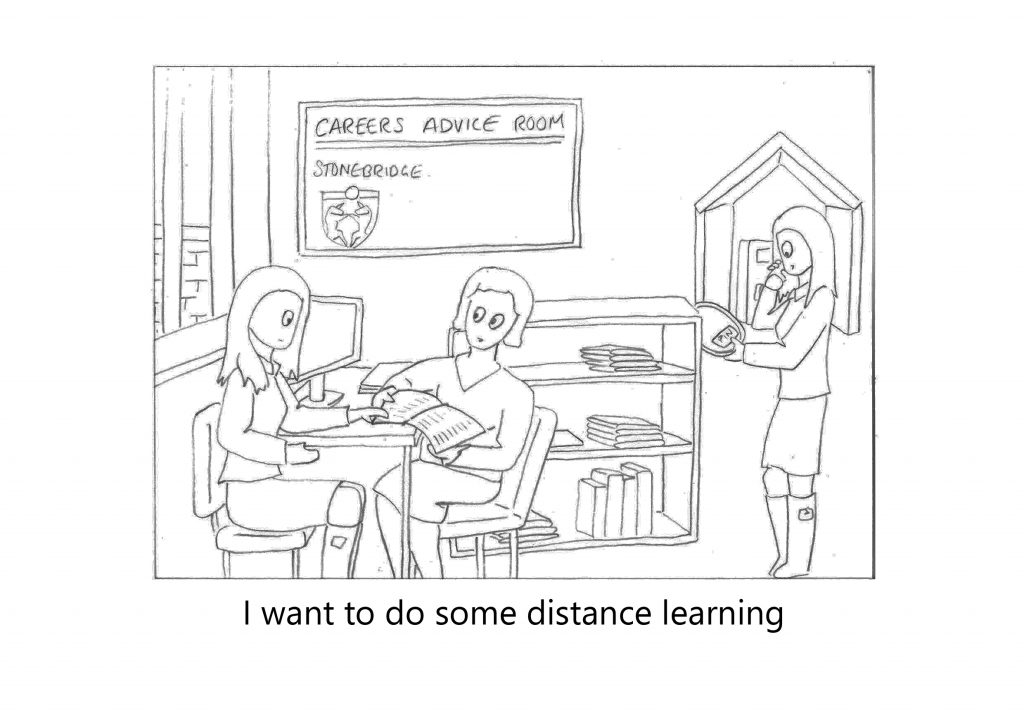
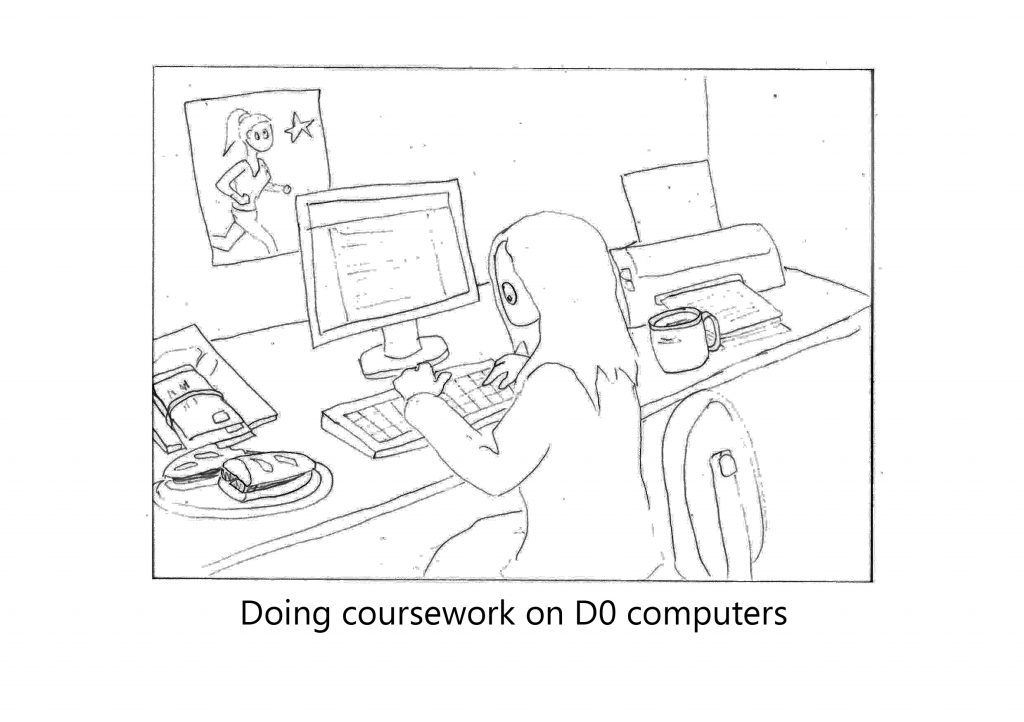
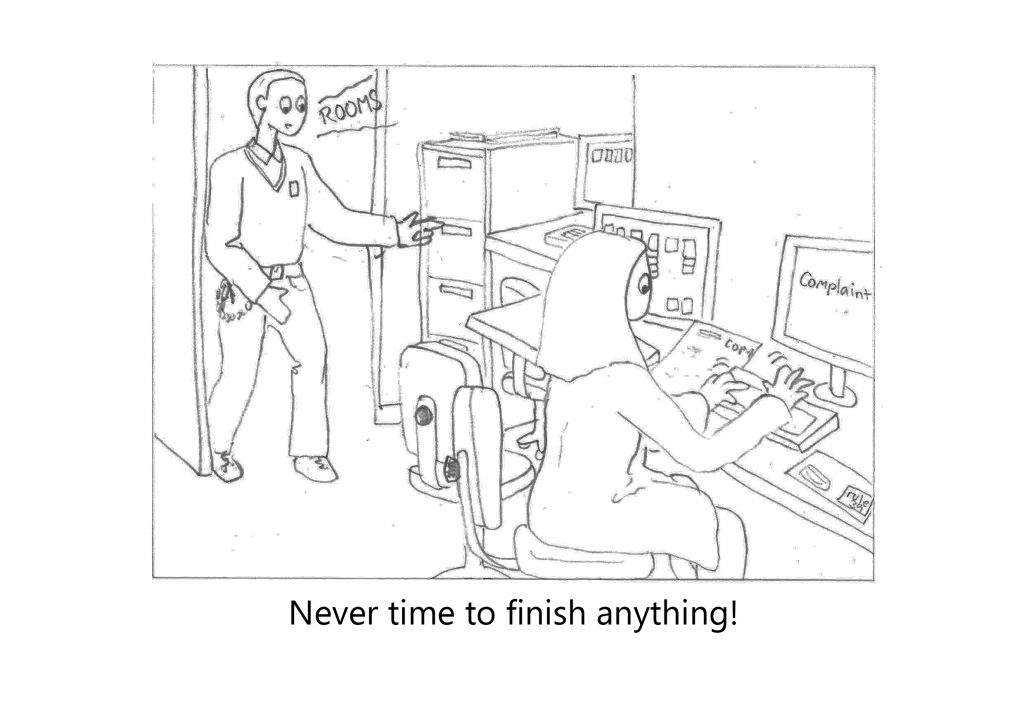
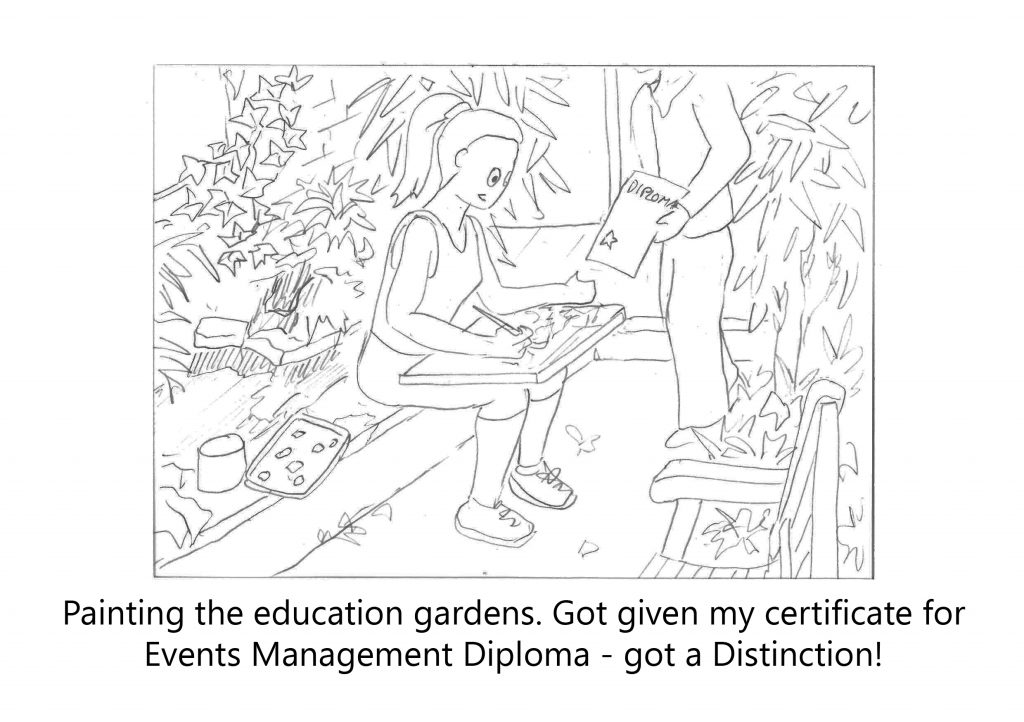
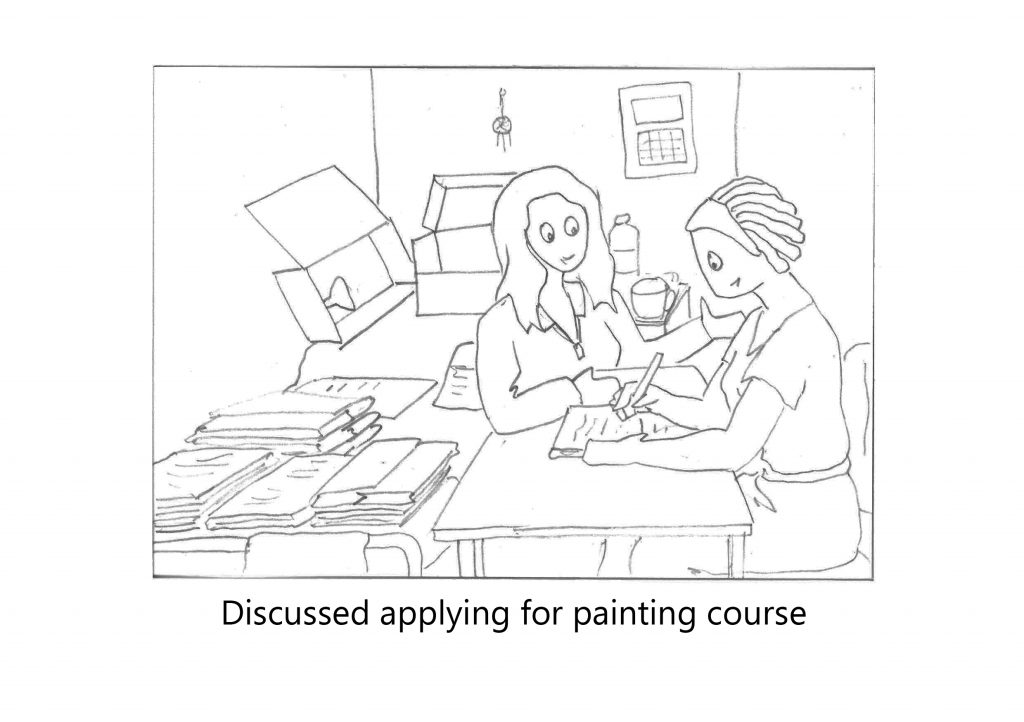
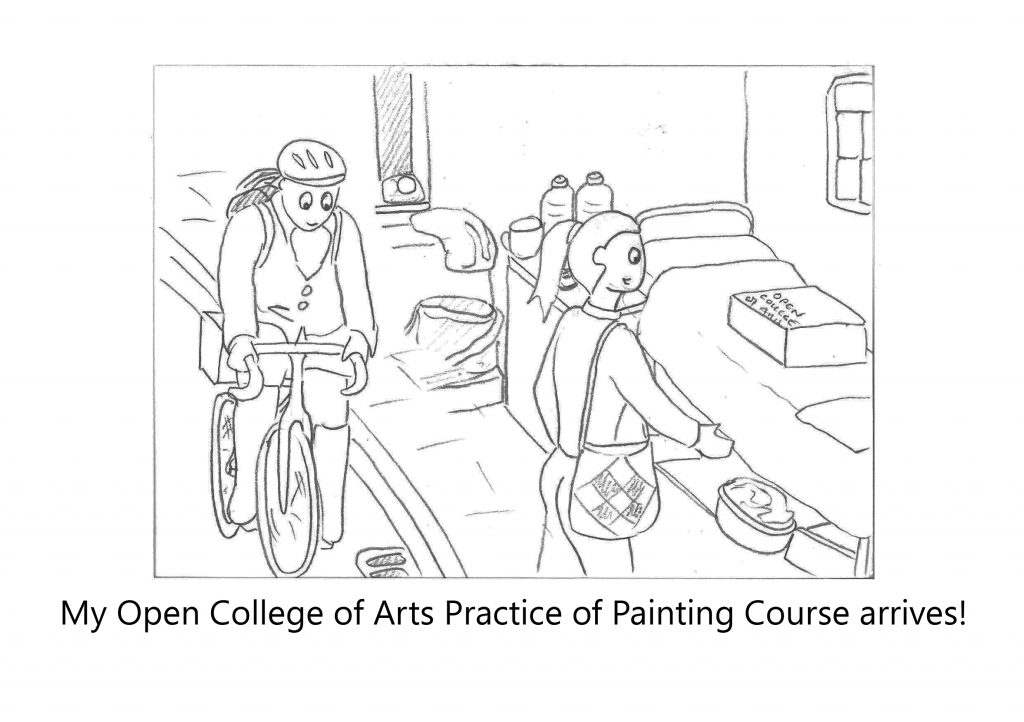
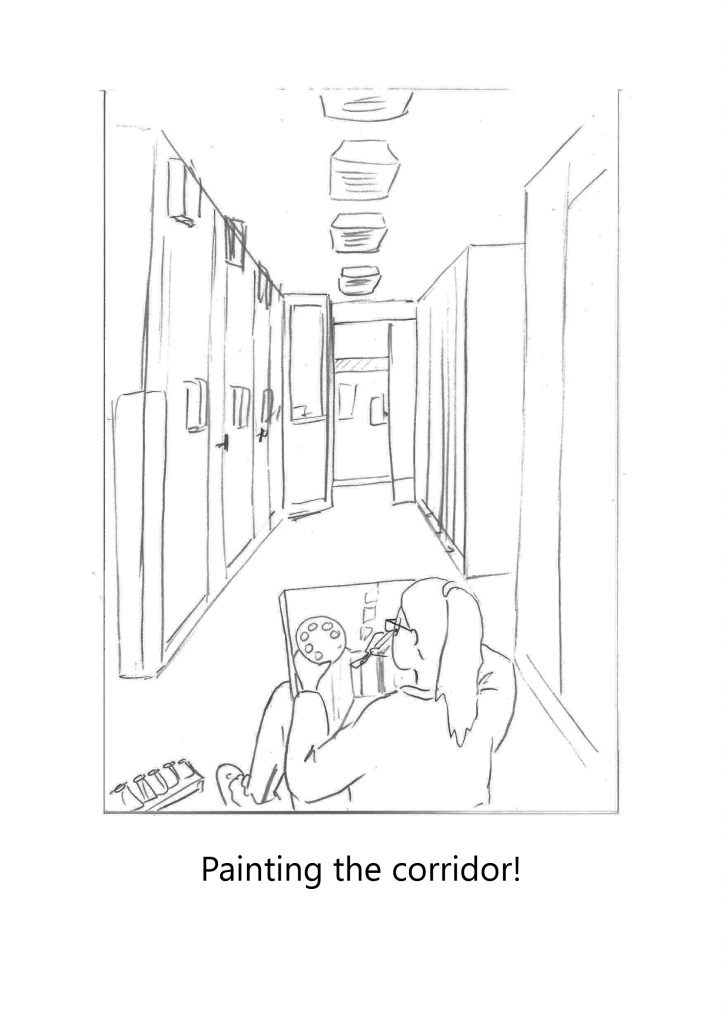
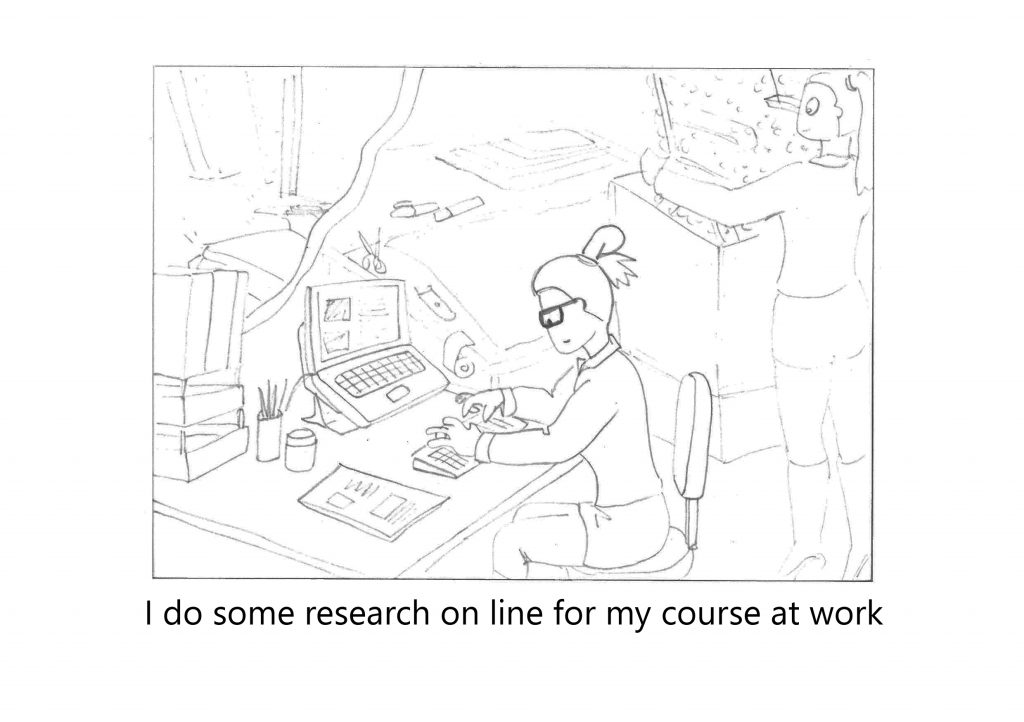
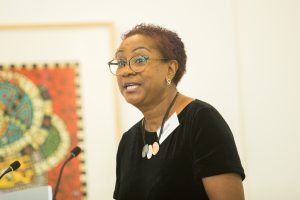 Vilma Smith Yates on her approach as a prison teacher, sharing the floor with former student Paddy.
Vilma Smith Yates on her approach as a prison teacher, sharing the floor with former student Paddy.
“Most of my students have had no previous experience of education, many have low self-confidence and self-esteem, indeed many have lost their individuality and have little hope for their future. My values as a teacher are based on a ‘whole-person approach’, providing all learners with a holistic experience of learning.
“I do not think I can underplay the importance of giving hope to students. I truly believe that one size does not fit all and that there are many individuals like myself who believe in giving second chances, who will listen and treat people as individuals first. This approach might sound simple, maybe even a little cliched, but it genuinely makes a difference. I see my learners progress, becoming more confident and believing in themselves and what they can do for themselves. This fills me with immense satisfaction and is a testament to their hard work. Don’t get me wrong – there are challenging days when you question what are you doing; if it’s worth it, however, those days are thankfully short-lived, infrequent and are outweighed by all the positives I have experienced over my career.
“The Prisoners’ Education Trust does a great deal of good work supporting and highlighting the benefits of education for prisoners. They work really well alongside us as tutors as well as the learners. It is a partnership that has undoubtedly transformed the lives of many learners and a partnership that I am proud to be a part of.”
Paddy on finding his way out of crime with the help of inspirational teachers and literature.
“I was a year into my life sentence – lost, lonely, distraught, broken. I went into a classroom and I was lucky that a stand-in teacher came in on this day. She asked me to write something that meant something to me, a nice memory. The memory was of taking my kids to the lakes camping. That was the first time I’d ever connected with a piece of paper because now all my emotions were on there. I could see my children, feel the mountains, feel the wind in my face. That was the activator for me – education – and the teachers who were there.
“In my Cat C [prison] everything changed. I wrote to PET with the best begging letter you’ve ever had, because I knew I needed education in my life. Luckily I got the funding and started a degree. I met Vilma – she was lovely and amazing and enthusiastic. She wasn’t strict but her classroom didn’t have people messing around in it.
“I’m still doing my degree and I have about a year-and-a-half left of it. I’ve been out for two years now and the support I’ve got from PET – I can’t tell you. If I hadn’t had education I would have still been causing chaos. I was a prolific offender, but through education I learned about empathy, about sympathy.
“Books changed my life. Othello because I learned people are more manipulative than me. I read it and was thinking, ‘Maybe I’m not so broken – look at [the people] in this book – they’re all outrageous – they’re all terrible!’ Of Mice and Men taught me about feeling other people’s pain, which I’d never ever cared about before. To be a thief you can’t care about people – I can’t steal off you if I care about you.
“Education changed my life. It’s through the PET, it’s through the Open University, it’s through teachers like Vilma, if it wasn’t for all of you I would still be committing crime – so really from my heart, thank you.”
Suzan Nabbanja, our longest-standing member of staff, on what makes PET a special place to work.
“I never could have imagined that I would have stayed as long as I have. But that’s what PET does – it doesn’t matter where you’re coming from. It doesn’t matter what you have done in the past – PET grabs you with both hands. And it infects you with a mission so great and with such strong values that you cannot help but stay and get on with the work.
“PET may be small in comparison to other organisations that work in this field, but we have very long arms reaching prisons across England, Wales and as far-reaching as the Channel Islands and the Isle of Man. And we have an amazingly big heart.
“I’ve been privileged to visit so many men and women in prisons, and I’ve had the privilege of hearing their stories and have been able to witness their learning journeys and their achievements. I look forward to witnessing and being a part of many of the success stories that have yet to be written.”
On the night, we also shared the views of prison learners throughout England and Wales, who told us what education meant to them. Read their answers.
Donate to our 30th birthday appealThank you to Clifford Chance for generously hosting this event.